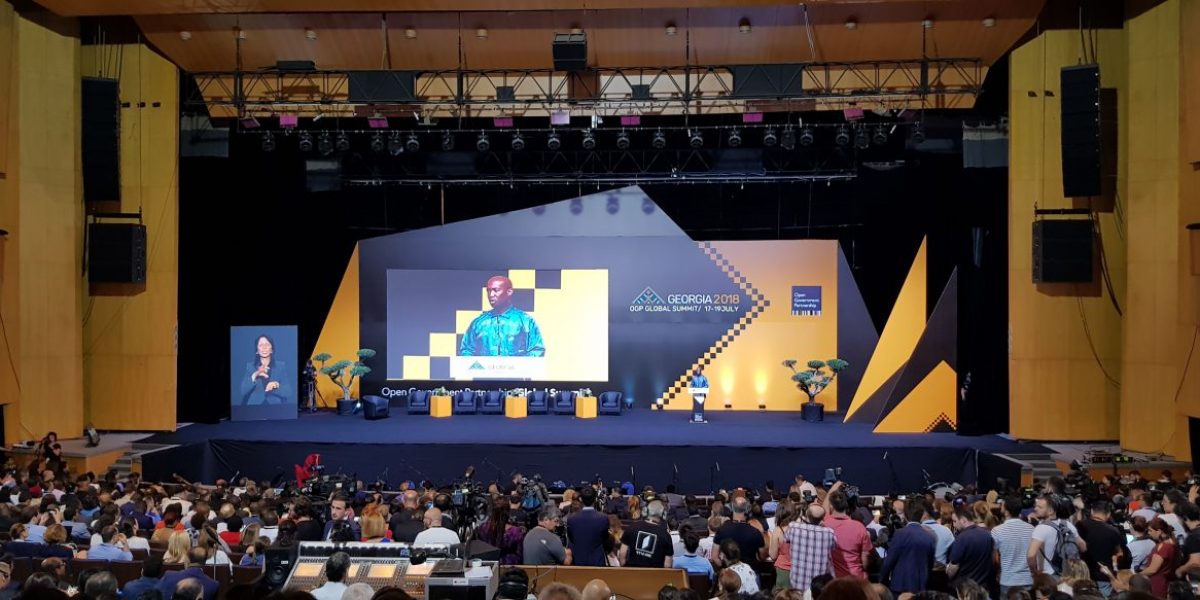Although MSIs conduct a great deal of research on transparency and good governance and have produced volumes of reports – some of which are critical of governments – they tend to be known mainly to a few stakeholders and devotees. The public is largely unfamiliar with them. Consequently, the public does not believe that MSIs have achieved much real-world impact.
This report focuses on three MSIs: the African Peer Review Mechanism (APRM) and the Extractive Industries Transparency Initiative (EITI), both established in 2003, and the Open Government Partnership (OGP), launched in 2011. It examines whether their low public profiles have diminished their effectiveness and questions if greater media attention would mobilize greater public support for their aims. MSIs confront many challenges getting their messages to the public and translating them into action, from matters of media strategy to deeper political and structural issues such as media freedom or the lack thereof. Furthermore, the research reports are excessively long, complex, or not written in plain language, which makes their “translation” by journalists more difficult.
This report also examines political and structural barriers. MSIs are voluntary initiatives with no enforcement power other than that of naming and shaming governments and corporations for not complying with international commitments. Some analysts advocate “quiet diplomacy” to persuade non-compliant governments and corporations to play by the rules. Some governments and corporations have joined MSIs to gain good publicity with no real intent to withstand scrutiny or implement reforms, the so-called “open washing” phenomenon. MSIs have begun to publicly censure these governments.
Analysts identify a Catch 22: MSIs must get their message across to achieve their worthy objectives. In the end, however, their messaging will only be effective if they can demonstrate success. This leads to the conclusion that transparency and “naming and shaming” are not enough. For MSIs to gain real traction, they need to form strategic alliances with political and civil movements which can serve as vehicles for their values and demands. In other words, MSIs need not only to inform the public but also to mobilize it and take action to ensure greater transparency and better governance.
This report recommends that MSIs cultivate relationships with interested and concerned journalists, explaining to the public the real-world application of what they are attempting to achieve. MSIs’ media strategies should take into account the limited capacity the media has for analyzing and processing large volumes of data. Short, targeted pieces (press releases, blog posts, etc.) will likely get more attention. The use of widely spoken languages (rather than official languages, in many countries) can help to get messages to the general population. Radio should be used to reach rural areas and less-educated citizens. A social media presence is increasingly important. MSIs should focus attention on branding and show concrete results. MSIs should counter efforts by countries and corporations to “open-wash,” disqualifying members who do not implement reforms or which close down space for civil society organizations (CSOs). MSIs and the media should shift attention away from merely informing the public about the state of transparency and governance in member countries towards mobilizing citizens to use MSIs as levers for improving transparency and governance.







